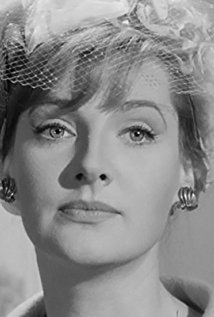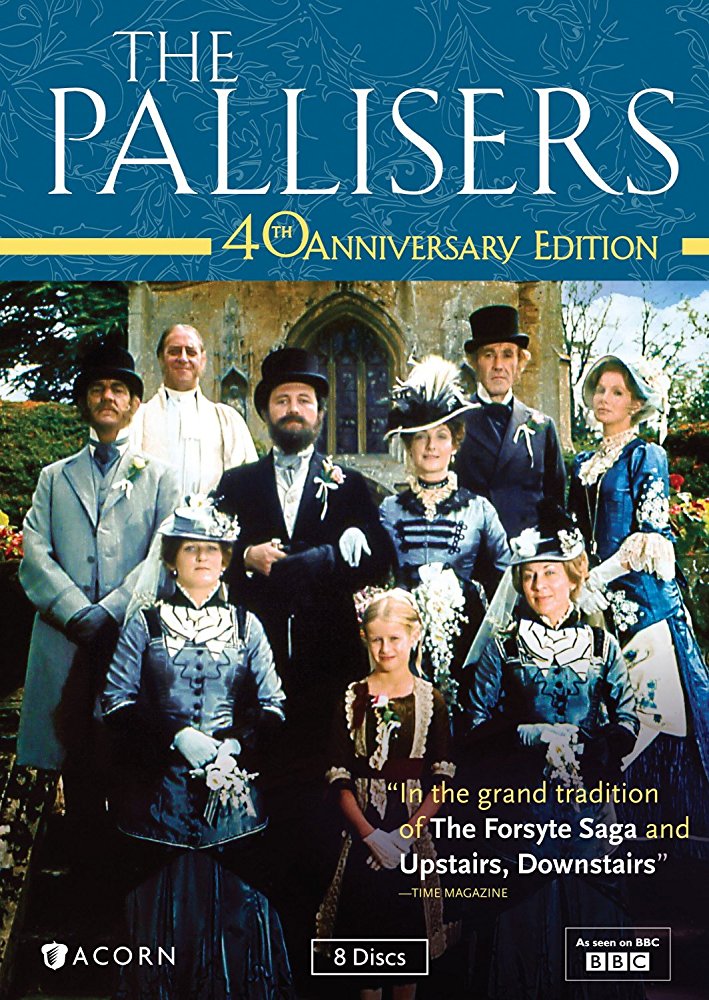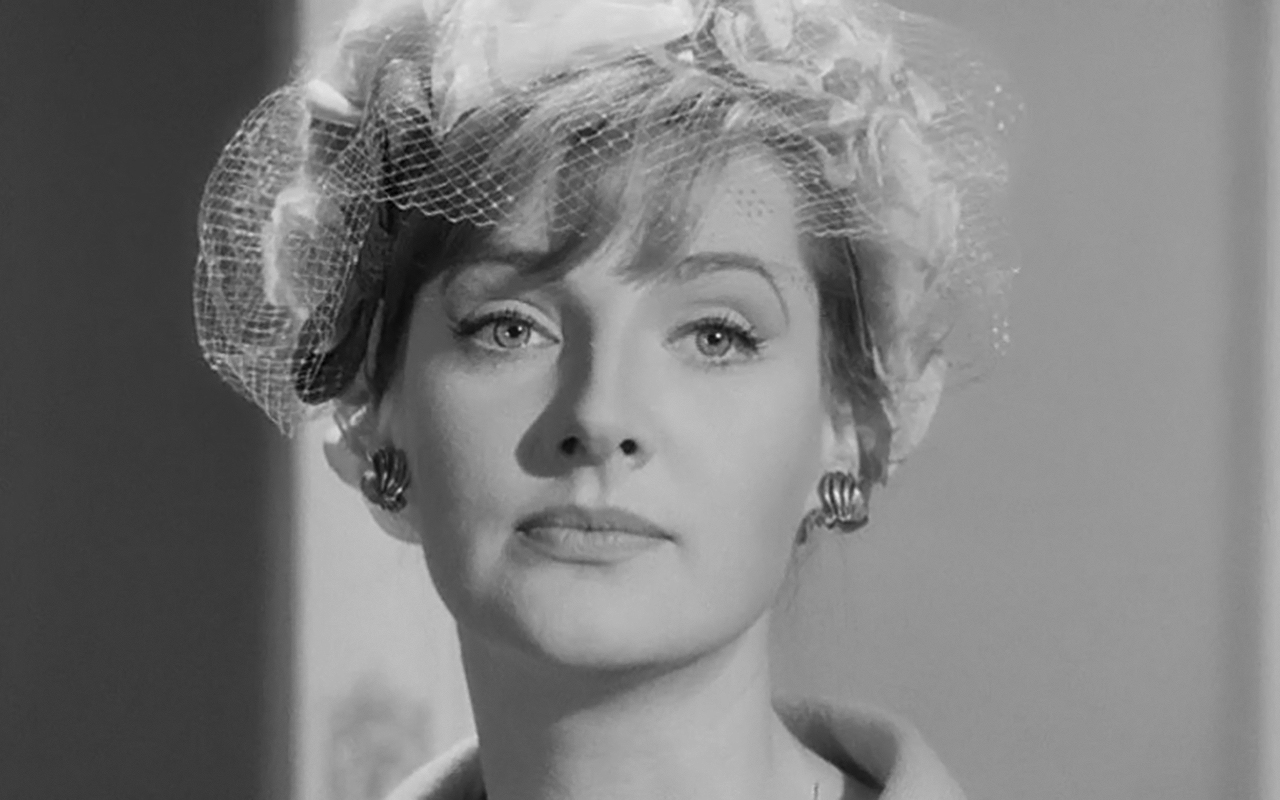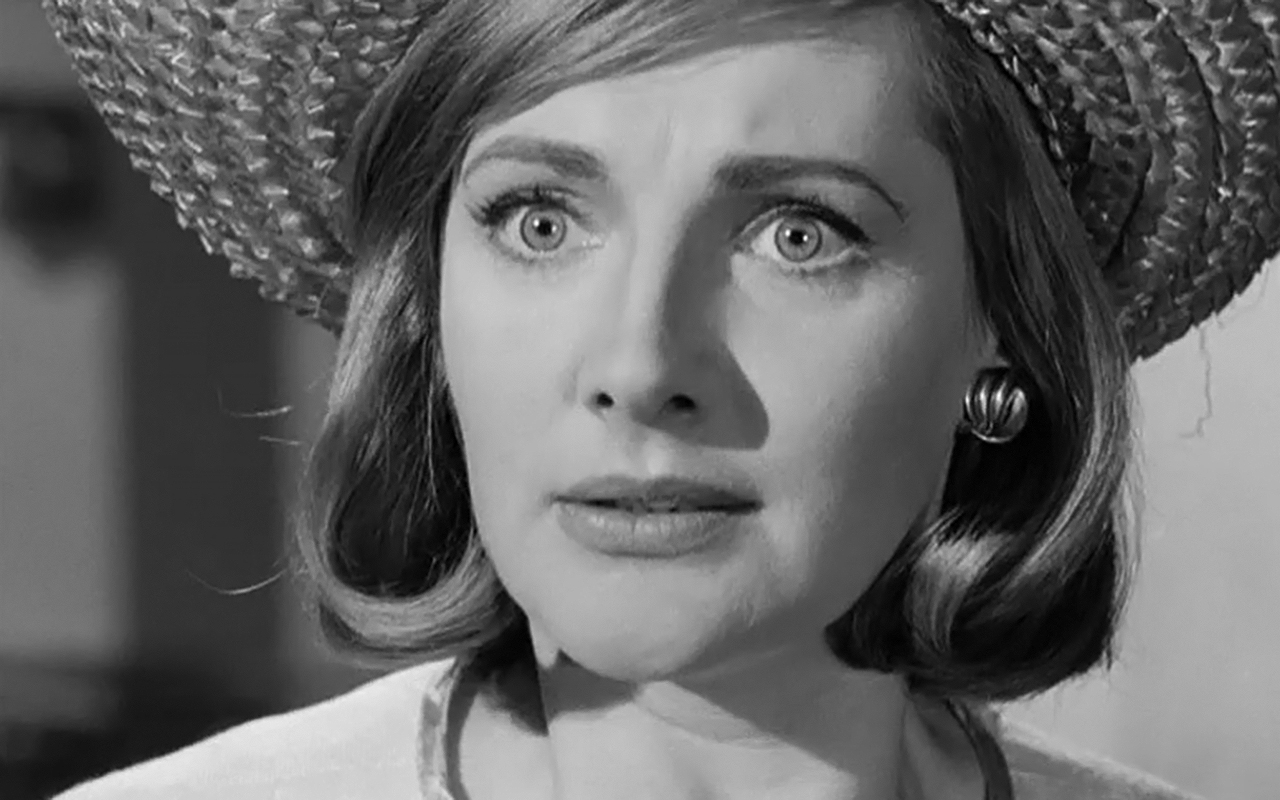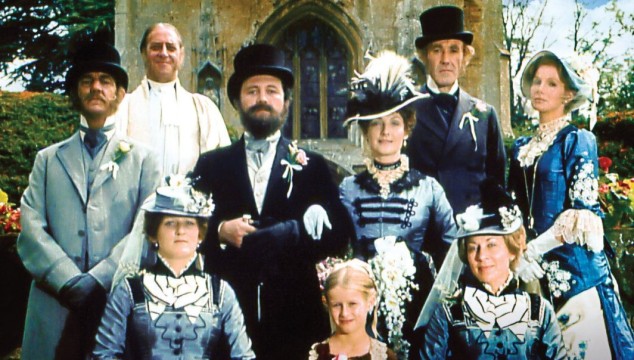A self-assured and stylish actress, Barbara Murray was born into a showbusiness family, the daughter of actors and granddaughter of professional ballroom dancers. She was first thrust into the limelight as a six year old, dancing in the family variety act. Barbara and her mother were evacuated to Wales upon the outbreak of World War II. In the imme...
Show more »
A self-assured and stylish actress, Barbara Murray was born into a showbusiness family, the daughter of actors and granddaughter of professional ballroom dancers. She was first thrust into the limelight as a six year old, dancing in the family variety act. Barbara and her mother were evacuated to Wales upon the outbreak of World War II. In the immediate aftermath of the war, she found work on stage scarce and instead made ends meet as a photographic model. However, at seventeen, she successfully auditioned with the Rank Company of Youth (famously dubbed the "Charm School"). She was offered a five-year contract at a salary of £10 a week to be groomed for B-movie stardom at a converted church hall next to Rank's two-stage Highbury Studio, under the tutelage of a formidable martinet named Mollie Terraine. Her fellow Charm School graduates included Christopher Lee and Diana Dors. Barbara's theatrical and film debuts eventually coincided in 1949, the former in regional repertory with the Newcastle Playhouse, the latter in a bit part of Korda's Anna Karénine (1948). Higher profile roles were soon to follow, first as Stanley Holloway's daughter in Ealing's seminal comedy Passeport pour Pimlico (1949), next, starring as female lead in the crime drama Mystery Junction (1951).Most of her professional life in the 1950's and 60's was spent as a star of the stage, acting with the Royal Shakespeare Company and at the West End in classic plays, comedies and thrillers, opposite the likes of Peter O'Toole and John Mills. Having spurned an offer from Rank to renew her contract in 1952, she appeared less often in films, a noted exception being as Dirk Bogarde's romantic interest in La vallée de l'or noir (1957). Her television career, however, blossomed. Aside from guest roles in varied popular series as Destination danger (1960), Département S (1969), The Rivals of Sherlock Holmes (1971), The Pallisers (1974) and Docteur Who (1963), she made TV history as the glamorous, fur-clad Lady Pamela Wilder in the Dallas (1978)-like high-octane boardroom drama The Power Game (1965). Her last role of note was as the bitchy matriarch of The Bretts (1987), a dynasty of thespians in 1920's London. Barbara retired from acting in 2001 and lived the last years of her life in Spain.
Show less «

